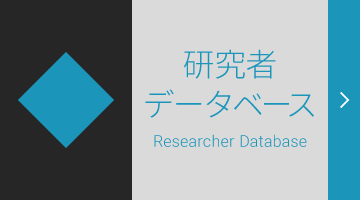| Journal Title /掲載ジャーナル名 |
IEEE Transactions on Neural Networks and Learning Systems |
| Publication Year and Month /掲載年月 |
October, 2024 |
| Paper Title /論文タイトル |
DSE-Based Hardware Trojan Attack for Neural Network Accelerators on FPGAs |
| DOI /論文DOI |
10.1109/TNNLS.2024.3482364 |
| Author of Waseda University /本学の著者 |
SHI, Youhua(Professor, Faculty of Science and Engineering, School of Fundamental Science and Engineering):Correspoinding Author |
| Related Websites /関連Web |
– |
| Abstract /抄録 |
Over the past few years, the emergence and development of design space exploration (DSE) have shortened the deployment cycle of deep neural networks (DNNs). As a result, with these open-sourced DSE, we can automatically compute the optimal configuration and generate the corresponding accelerator intellectual properties (IPs) from the pretrained neural network models and hardware constraints. However, to date, the security of DSE has received little attention. Therefore, we explore this issue from an adversarial perspective and propose an automated hardware Trojan (HT) generation framework embedded within DSE. The framework uses an evolutionary algorithm (EA) to analyze user-input data to automatically generate the attack code before placing it in the final output accelerator IPs. The proposed HT is sufficiently stealthy and suitable for both single and multifield-programmable gate array (FPGA) designs. It can also implement controlled accuracy degradation attacks and specified category attacks. We conducted experiments on LeNet, VGG-16, and YOLO, respectively, and found that for the LeNet model trained on the CIFAR-10 dataset, attacking only one kernel resulted in 97.3% of images being classified in the category specified by the adversary and reduced accuracy by 59.58%. Moreover, for the VGG-16 model trained on the ImageNet dataset, attacking eight kernels can cause up to 96.53% of the images to be classified into the category specified by the adversary and causes the model’s accuracy to decrease to 2.5%. Finally, for the YOLO model trained on the PASCAL VOC dataset, attacking with eight kernels can cause the model to identify the target as the specified category and cause slight perturbations to the bounding boxes. Compared to the un-compromised designs, the look-up tables (LUTs) overhead of the proposed HT design does not exceed 0.6%. |






